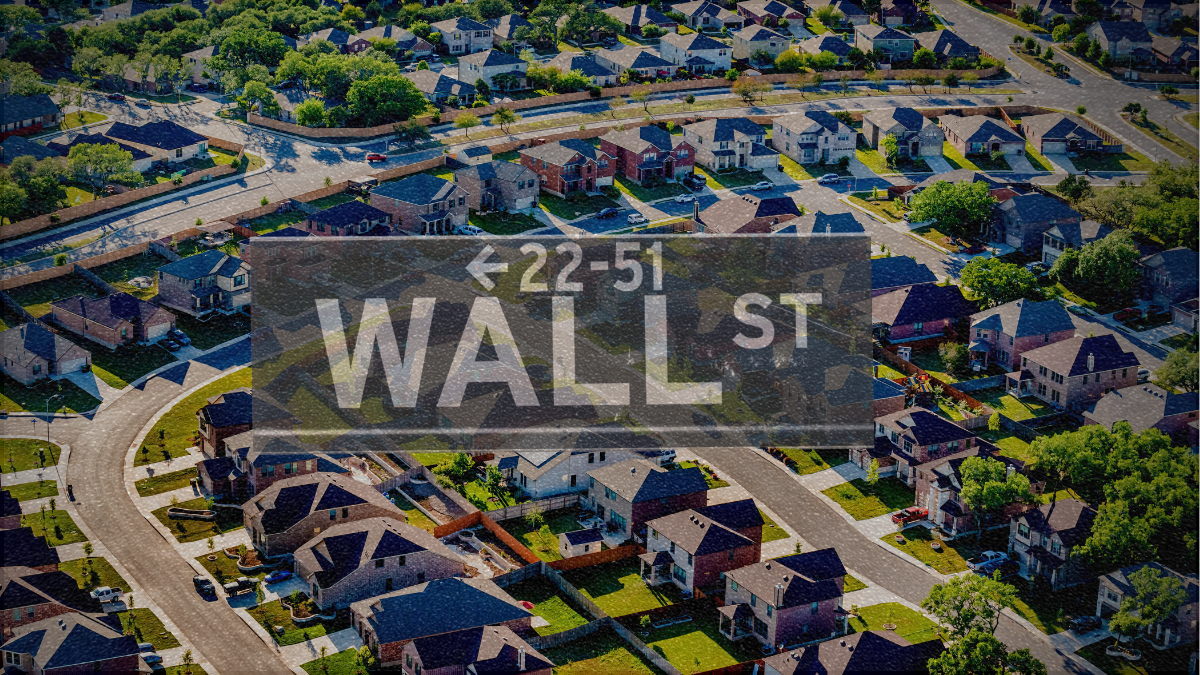Source: The New York Times
According to a report by The New York Times, large out-of-state investors have bought up middle- and working-class neighborhoods across the state. The Wall Street takeover of local communities is coming at an expense for many homeowners in North Carolina.
For example, mortgage rates are at a 21-year-high in Charlotte, with home prices continuing to rise, according to The NYT.
Many advocates are concerned about the accessibility to affordable housing. To advocates, the proliferation of single-family rentals rather than the accessibility to become homeowners, traps would-be buyers.
“It’s a thing of scale — they’re reaching near monopoly in some places,” said Madeline Bankson, a housing research coordinator at Private Equity Stakeholder Project, told The NYT. “They’re shutting people out of the home-buying process.”
For many Americans, having a home is their largest financial investment and a source for generational wealth – however, it is not widely accessible for Black and Brown communities. According to The New York Times, only 46 percent of Black households and 49 percent of Latino households own a home, both well below the national average of 66 percent.
“They say they can rent you the American dream, but I know hundreds of people who don’t want to rent — they want to own,” Jessica Moreno, a community organizer at Action NC, told The NYT.
In North Carolina, housing instability is a prominent issue facing many across the state. Data from the National Low Income Housing Coalition found that almost 348,000 renter households in North Carolina are at an extremely low-income level, and 69 percent of these households have severe housing cost burdens.
Read more at The New York Times.





